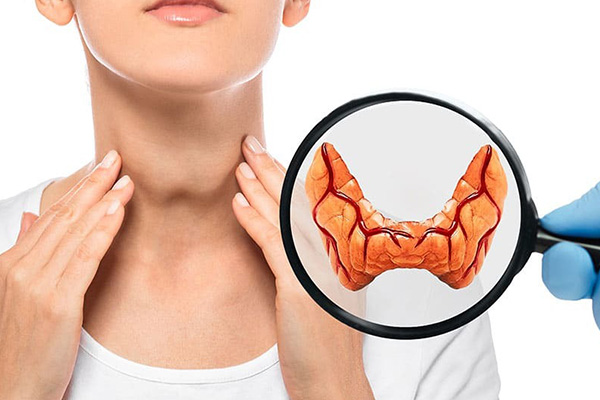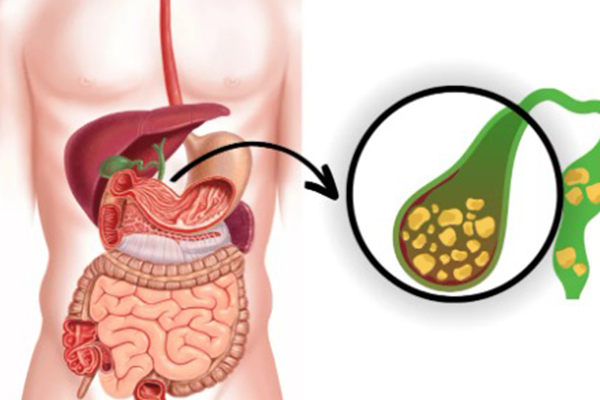
Gallbladder surgery, typically done to treat gallstones or an infection, consists of surgically removing the gallbladder through a minimally invasive procedure known as laparoscopy. This can lead to quicker recovery, smaller scars and less pain than open surgery. If you are having symptoms such as upper abdominal pain, nausea and digestive upset, the surgery can help. It is a safe procedure and often does not have any complications.
Laparoscopic appendectomy is a minimally invasive surgery in which the appendix is removed, most often in cases of appendicitis. The procedure requires only tiny incisions so there is less pain afterwards and healing is speedier. It shortens hospital stays and allows the patient to return to normal activities earlier. Removing the appendix before an infection developing.
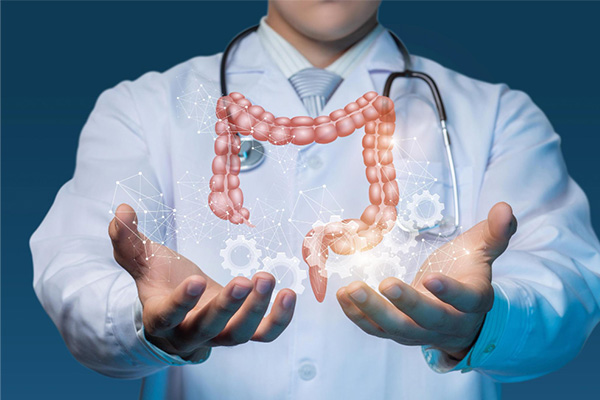
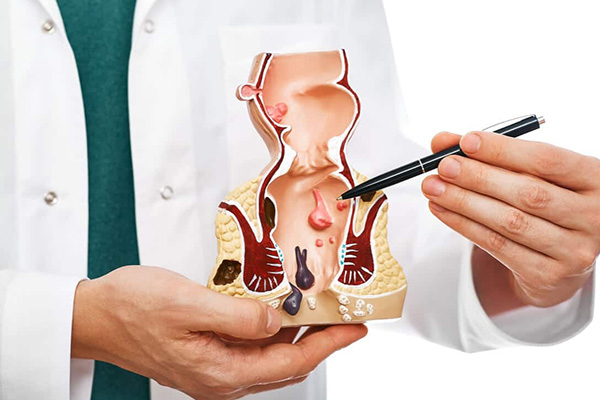
Anal fissures are terribly painful and also bloody (yes, blood while passing stools). It maybe treated with medication, or surgical drainage “a lateral internal sphincterotomy” in chronic cases. Surgery can help you to obtain relief by decreasing the tension your muscles and healing the wounds. You are also given lifestyle advise to avoid it coming back.
Colorectal Conditions Treated with Laparoscopic Colorectal Surgery! Laparoscopic colorectal surgery is performed on patients diagnosed with the following conditions: Colorectal cancer, Inflammatory bowel disease, etc. The procedure is minimally invasive, results in less recovery time, less pain and less side effects. It works for the benign as well as the malignant conditions of the colon and rectum.
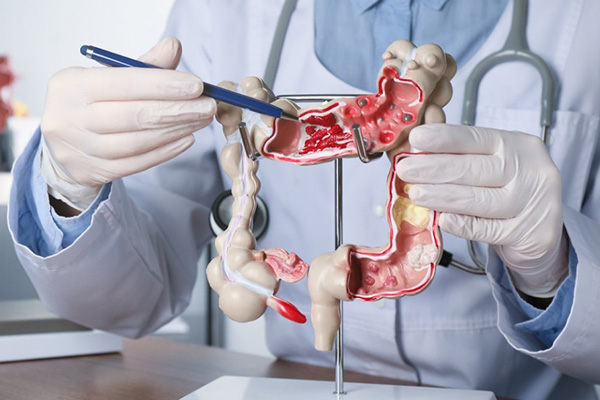

The operation targets painful anorectal conditions including chronic fissure, fistula and haemorrhoids. Laser or traditional surgery may be needed, depending on the severity. Decongesting and mucosal sparing techniques provide long-term relief, enhanced quality of life, and lower risk of recurrence. A prompt diagnosis and treatment is critical.
Laparoscopic fundoplication is an established operation in the treatment of GERD (gastroesophageal reflux disease) and hiatal hernia. It reinforces the valve between the esophagus and stomach, creating acid reflux and heartburn less probable. Recovery is faster, the pain is less and the relief is longer.
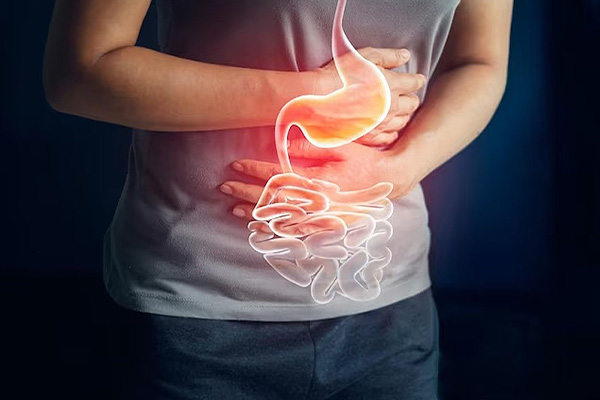
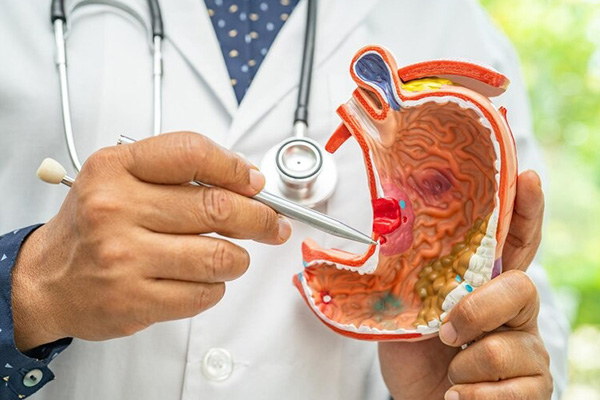
Bariatric surgery can lead to weight loss and is an effective way to treat obesity-related conditions such as diabetes and hypertension. Procedures include a sleeve gastrectomy, a gastric bypass and others. It limits the size of the stomach or alter the digestion process in such a way that weight is lost permanently. Post surgery Lifestyle advice is also essential to follow.
Fibroadenomas are a frequent benign breast mass in young women. If they are painful, large or bothersome, they may be removed surgically. The operation is safe and can avoid the case of malignancy with the preservation of cosmetic aspect.
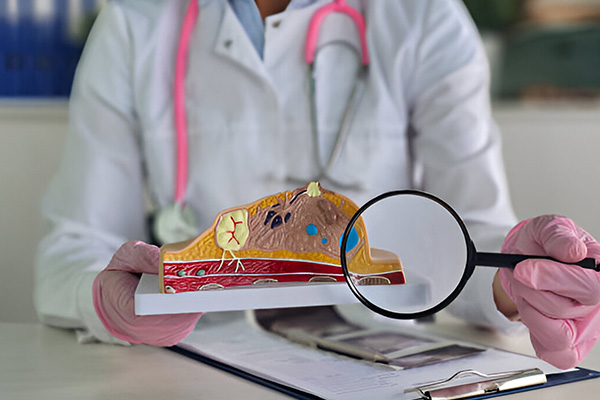

A liver abscess may be life threatening if it is not drained immediately. Laparoscopic drainage is a mini-invasive approach for pus removing, infection elimination and fast recovery. It reduces future risks and discomfort.
Kidney stones, prostate problems, urethral strictures and other procedures fall under urological surgeries. According to the diagnosis, open or laparoscopic techniques are referred in order to treat the symptoms and to recover bladder function. Early treatment eliminates complications.
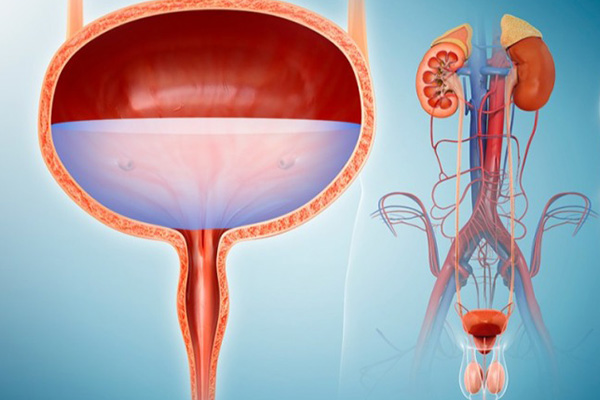
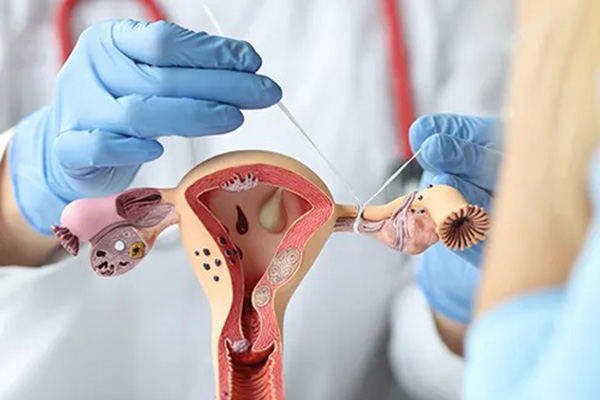
Gynecological conditions such as ovarian cysts, fibroids, ectopic pregnancies and endometriosis are treated with laparoscopic procedures. These operations mean less blood loss, smaller incisions and speedier recovery for women.
Surgical treatment for breast cancer – lumpectomy and mastectomy -depends on stage and type of tumor. It is frequently integrated into other therapies to create a complete treatment package. Function and aesthetics are very important to preserve and that’s the key here.
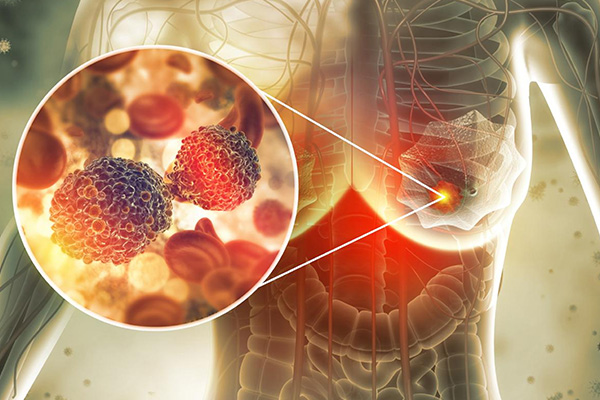
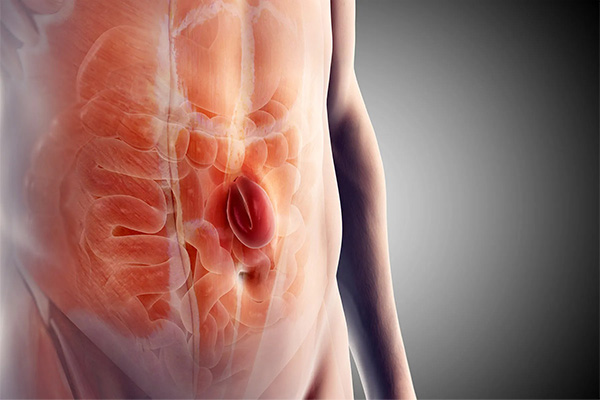
Laparoscopic or open operation may be applied according to the stage and size of the hernia. Surgery removes the risk for complications like strangulation and provides permanent relief. Nearly patients recover quickly and get started with their daily activities soon.
Thyroid surgeries are used to treat nodules, goiters or cancer. Part or all of the gland may be removed surgically, depending on the case. The treatment helps return the hormones into balance and also removes the symptoms that accompany them.
